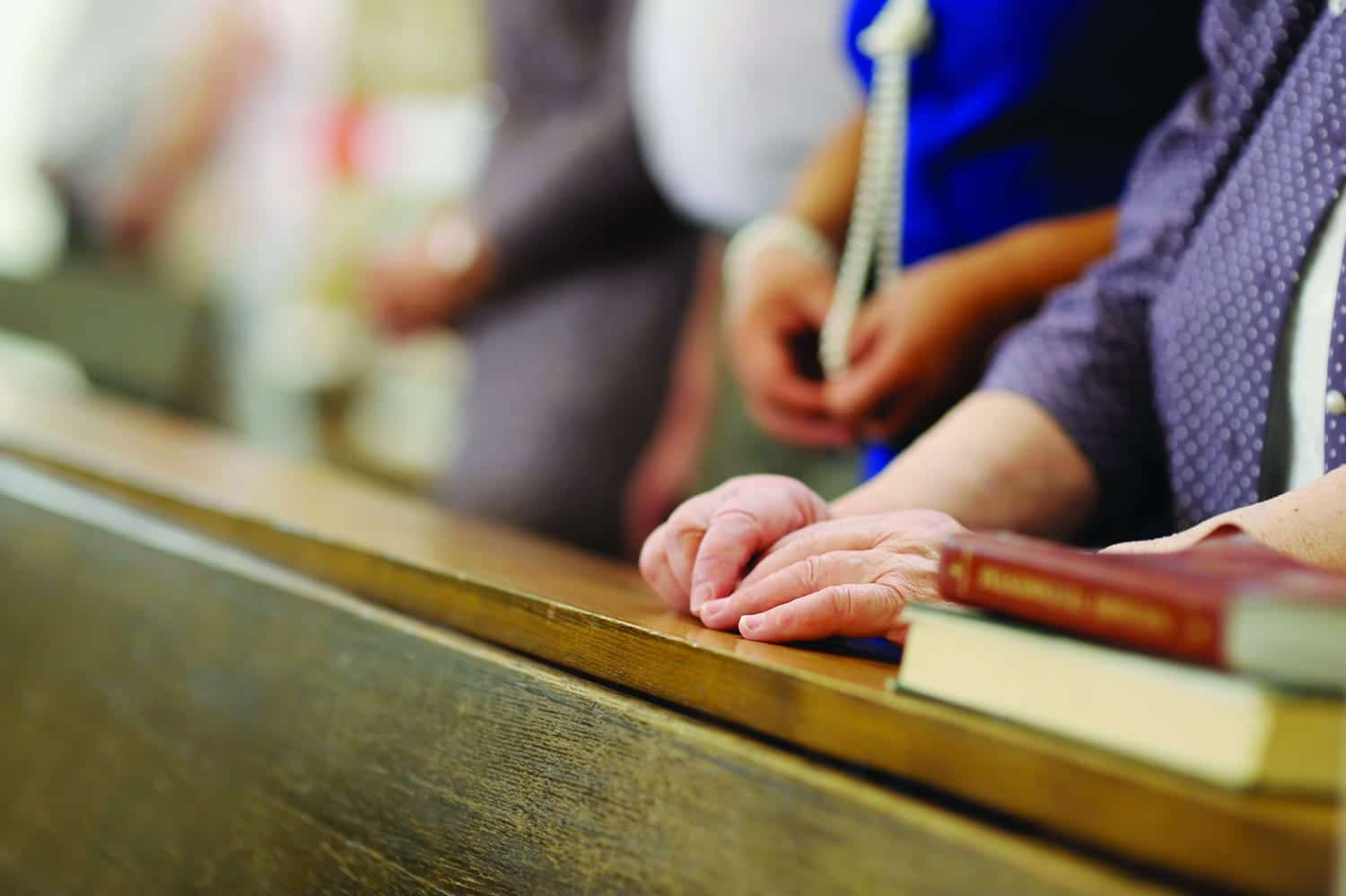WASHINGTON, DC—The U.S. Supreme Court announced it denied to review the decision of the United States Court of Appeal for Sixth Circuit in Bormuth v. County of Jackson, which found legislator invocations to be constitutional Thursday, June 28.
First Liberty Institute and Supreme Court advocate Allyson Ho with Gibson, Dunn & Crutcher represent Jackson County, Michigan, whose commissioners open public meetings with prayer.
“Our country has a long history of legislator-led prayer, just as the Sixth Circuit determined in our favor,” said Kelly Shackelford, President and CEO to First Liberty Institute. “Thankfully our clients in Jackson County, Michigan will be able to continue their tradition. We hope the Supreme Court will one day extend that protection across the country.”
At the same time the Court declined to review an opposite opinion from the U.S. Court of Appeals for the Fourth District in Rowan County v. Lund, which concluded that similar invocations are unconstitutional.
While the Supreme Court denied review of both cases, leaving in place the decisions before the Sixth and Fourth Circuits, Justice Clarence Thomas, joined by Justice Neil Gorsuch, dissented from the decision, saying, “For as long as this country has had legislative prayer, legislators have led it . . . The Fourth Circuit’s decision is both unfaithful to our precedents and ahistorical. It also conflicts with a recent en banc decision of the Sixth Circuit . . . This Court should have stepped in to resolve this convict.”
Like numerous federal and state legislatures since the founding of our country, these county commissioners precede official business with a short prayer.
The commissioners—as many of their counterparts have done for centuries—deliver legislative prayers themselves.
Today’s decision leaves in place a circuit split, meaning as Justice Thomas explained, “State and local lawmakers can lead prayers in Tennessee, Kentucky, Ohio, and Michigan, but not in South Carolina, North Carolina, Virginia, Maryland, or West Virginia.”
Shackelford added, “We agree with Justice Thomas who wrote in his dissenting opinion that, ‘The only real difference between this case and the Town of Greece is the person leading the prayer.’”




